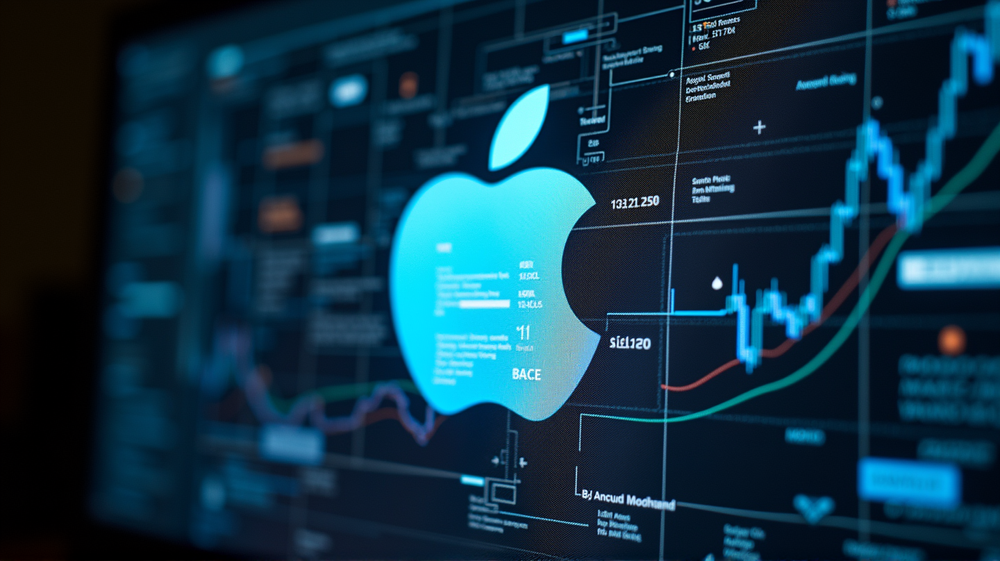The European Union has delivered a resounding message to the tech world, handing down nearly $800 million in fines to titans Apple and Meta. These fines represent the first significant sanctions under the innovative Digital Markets Act (DMA), aimed squarely at reigning in the unchecked power and influence of Big Tech firms.
Apple and Meta: Groundbreaking Penalties
For the first time in history, the EU has imposed whopping fines on Apple and Meta, totaling 700 million euros, as a direct response to their non-compliance with the Digital Markets Act. As per the act, Apple received a 500-million-euro penalty for restrictions it placed on how app developers communicate with users about alternative sales and offers.
Meta’s penalization comes in at 200 million euros, attributed to its controversial “pay or consent” model. This model demanded users in the European Union either pay for an ad-free experience on Facebook and Instagram or consent to targeted advertising.
Continued Scrutiny by the European Commission
According to Al Jazeera, the European Commission’s thorough yearlong investigation pinned the responsibility on both firms for failing to align with the DMA’s requirements. Along with the substantial fine, Apple is under a cease-and-desist order to amend its App Store operations by late June. Should they fail, Apple could face escalating daily penalties.
Meta’s introduction of changes to their platform in late 2024 is under ongoing scrutiny by the EU, evaluating their compliance with DMA requirements.
A Global Political Tension
The imposed fines have resonated far beyond European borders, stoking potential tension with Washington, D.C. The prospect of further regulations against American giants has triggered warnings from the White House, with threats of potential countermeasures. This political chess game unfolds amid a backdrop of broader antitrust lawsuits in the US, which further pressure giants like Meta, Apple, Amazon, and Google.
Big Tech Under Siege
Meta, unfazed by European Commission’s decisive penalties, has expressed readiness to appeal, characterizing the measures as biased toward American firms. However, this global challenge might be only a chapter in the developing saga of Big Tech regulation.
As governments rally to extend their regulatory reach over the digital economy, the epochal fines against Meta and Apple signal a bold determination by the European Union to reshape the landscape of digital governance. Will this mark the advent of a new digital era, or will it be a temporary setback in Big Tech dominance? Only time will tell.













